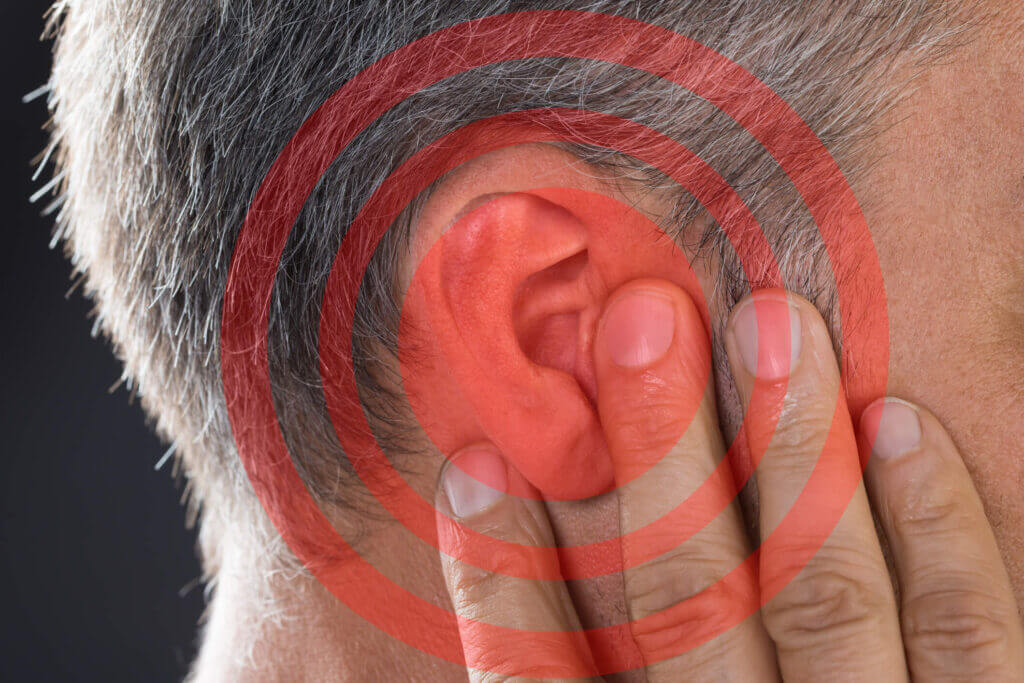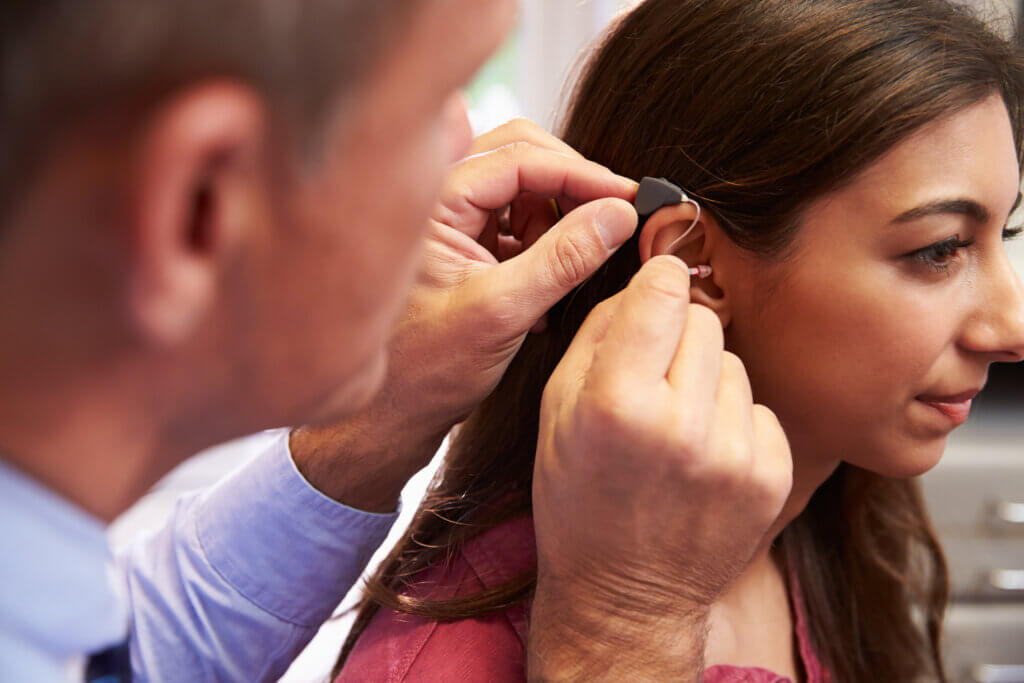Types of Hearing Loss
There are three types of hearing loss — sensorineural hearing loss, conductive hearing loss, and mixed hearing loss.
Sensorineural hearing loss
Sensorineural hearing loss is the most common type of hearing loss representing 95% of people suffering from hearing loss. It occurs when the inner ear nerves and hair cells are damaged. This damage may be the result of the natural aging process, noise damage or something else. In most cases, sensorineural hearing loss cannot be corrected medically or surgically, however it can normally be treated with the use of hearing aids.
Sensorineural hearing loss can be the result of many conditions including:
- The natural aging process
- Injury
- Excessive noise exposure
- Viral infections (such as measles or mumps)
- Shingles
- Ototoxic drugs (medications that damage hearing)
- Meningitis
- Diabetes
- Stroke
- High fever or elevated body temperature
- Ménière’s disease (a disorder of the inner ear that can affect hearing and balance)
- Acoustic tumors
- Heredity
- Obesity
- Smoking
- Hypertension


Conductive Hearing Loss
Conductive hearing loss is caused by obstructions in the outer or middle ear. These obstructions can be as simple as earwax or an ear infection. In other cases, the blockage may be the result of tumors or the formation of the ear and ear canal. Regardless of the cause, the obstruction prevents sound from getting to the inner ear. Clients in our clinics are normally referred to an Ear Nose and Throat (ENT) doctor for further assessment. Conductive hearing loss can often be treated surgically or with the use of medicine.
Conductive hearing loss can be caused by a number of conditions including:
- Infections of the ear canal or middle ear resulting in fluid or pus buildup
- Perforation or scarring of the eardrum
- Wax buildup
- Dislocation of the middle ear bones (ossicles)
- Foreign object in the ear canal
- Otosclerosis (an abnormal bone growth in the middle ear)
- Abnormal growths or tumors
Mixed Hearing Loss
Like the name implies — mixed hearing loss is a combination of sensorineural and conductive hearing loss.
As with any medical condition, it’s best to know what you “have” before deciding what to do about it. A consultation with our hearing professional can help determine the type, cause and degree of your hearing loss. Click here to find an experienced provider near you.

Degrees of Hearing Loss
This description is referred to as “the degree of hearing loss.” It is based on how loud sounds need to be for you to hear them. Decibels, or dB, describe loudness. The term dB HL describes your hearing loss in decibels. There are six clinically labeled degrees of hearing loss.

Slight
If you have slight hearing loss you may hear most speech sounds, but may have difficulty with some soft sounds and voices. A person with mild hearing loss will have difficulty hearing sounds and voices at less than 15 decibels. A person with slight hearing loss should consider annual hearing tests to track any changes in their hearing ability.
Mild
If you have mild hearing loss, you may hear some speech sounds, but will have difficulty with soft sounds. A person with mild hearing loss will have difficulty hearing sounds and voices at less than 26 decibels. You are likely to experience significant benefit from the use of hearing aids.


Moderate
If you have moderate hearing loss, you’ll struggle to hear/understand speech when someone is talking at a normal level. A person with moderate hearing loss will have difficulty hearing sounds and voices at less than 41 decibels. You will experience significant benefits from the use of hearing aids.
Moderate-Severe
If you have moderate-severe hearing loss, you’ll struggle to hear/understand speech when someone is talking at even an elevated level. A person with moderate hearing loss will have difficulty hearing sounds and voices at less than 56 decibels. You will experience significant benefits from the use of hearing aids.
Severe
If you have severe hearing loss, you will hear little-to-no speech when spoken at normal levels, and hear only some loud sounds. A person with severe hearing loss will have difficulty hearing sounds and voices at less than 71 decibels. You will require the use of power hearing aids to function in normal day to day situations.
Profound
If you have profound hearing loss, you may only hear very loud sounds and no speech at all. A person with mild hearing loss will have difficulty hearing sounds and voices at less than 90 decibels. A person with profound hearing loss may receive benefit from the use of powerful hearing aids.

Risks of Untreated Hearing Loss
Studies have consistently demonstrated links between hearing loss and poor health outcomes. This is because hearing loss often leads to social isolation.
Social Isolation
People with hearing loss often avoid going out to restaurants or other social gatherings because they find it difficult to hear conversations. This can lead to these people finding themselves isolated and feeling lonely.
Increased Risk of Dementia
In a study that tracked over 600 adults for nearly 12 years, Johns Hopkins expert Frank Lin, M.D., Ph.D, and his colleagues found that mild hearing loss doubled dementia risk. Moderate loss tripled risk, and people with a severe hearing impairment were five times more likely to develop dementia.


Strained Relationships
Living with a person with untreated hearing loss can be frustrating. The need to constantly repeat oneself and misunderstood words may lead to conflict and feelings of resentment for both parties.
Increased Incidence of Anxiety and Depression
Significant research studies have demonstrated a strong link between hearing loss, depression and feelings of anxiety.
Feeling Tired or Drained
The constant strain to hearing and understand other people can be exhausting for people with hearing loss. Many will report feeling exhausted after normal social interactions that might otherwiseleave them feeling energized.
Reduced Earning Potential
Multiple studies have found that people suffering with untreated hearing loss earn less than people with normal hearing and people with hearing loss treated with the use of hearing aids.


Impaired Memory and Mental Sharpness
It is believed that the brains of people with hearing loss are working so hard to hear what other people are saying that the ability to understand and remember things that are said become impaired.
Reduced Enjoyment of Life
Hearing loss prevents us from understanding and enjoying conversations with families and friends. In many cases, the inability to hear properly leads us to avoid social events and interactions that bring joy to our lives.









